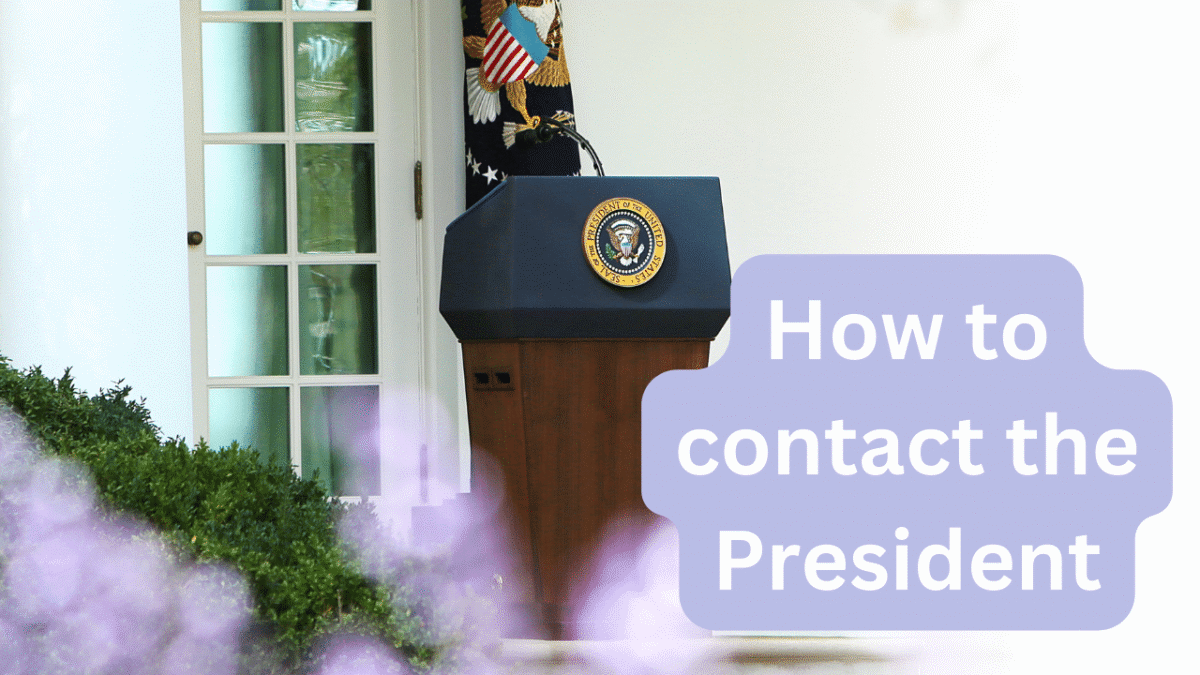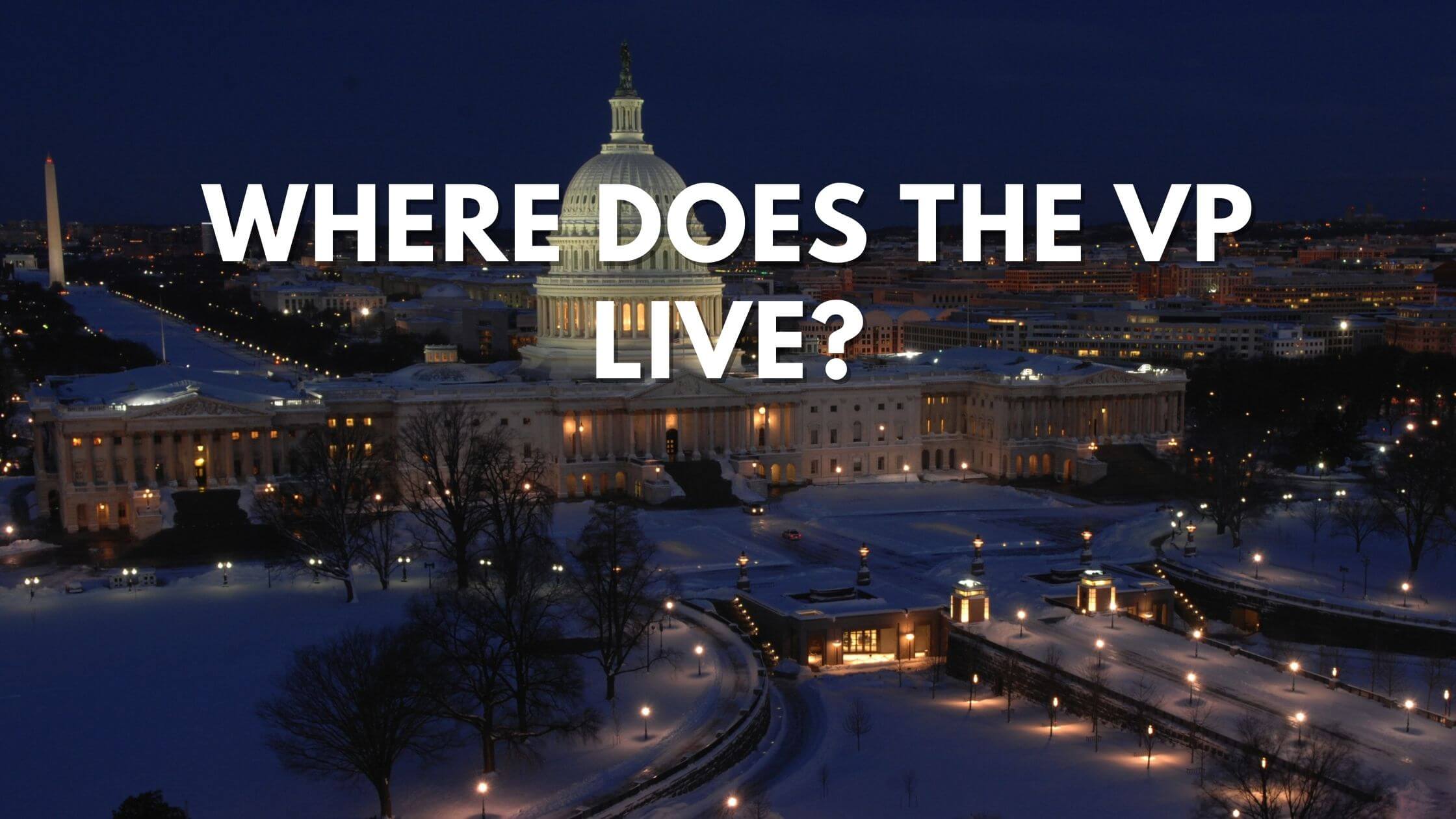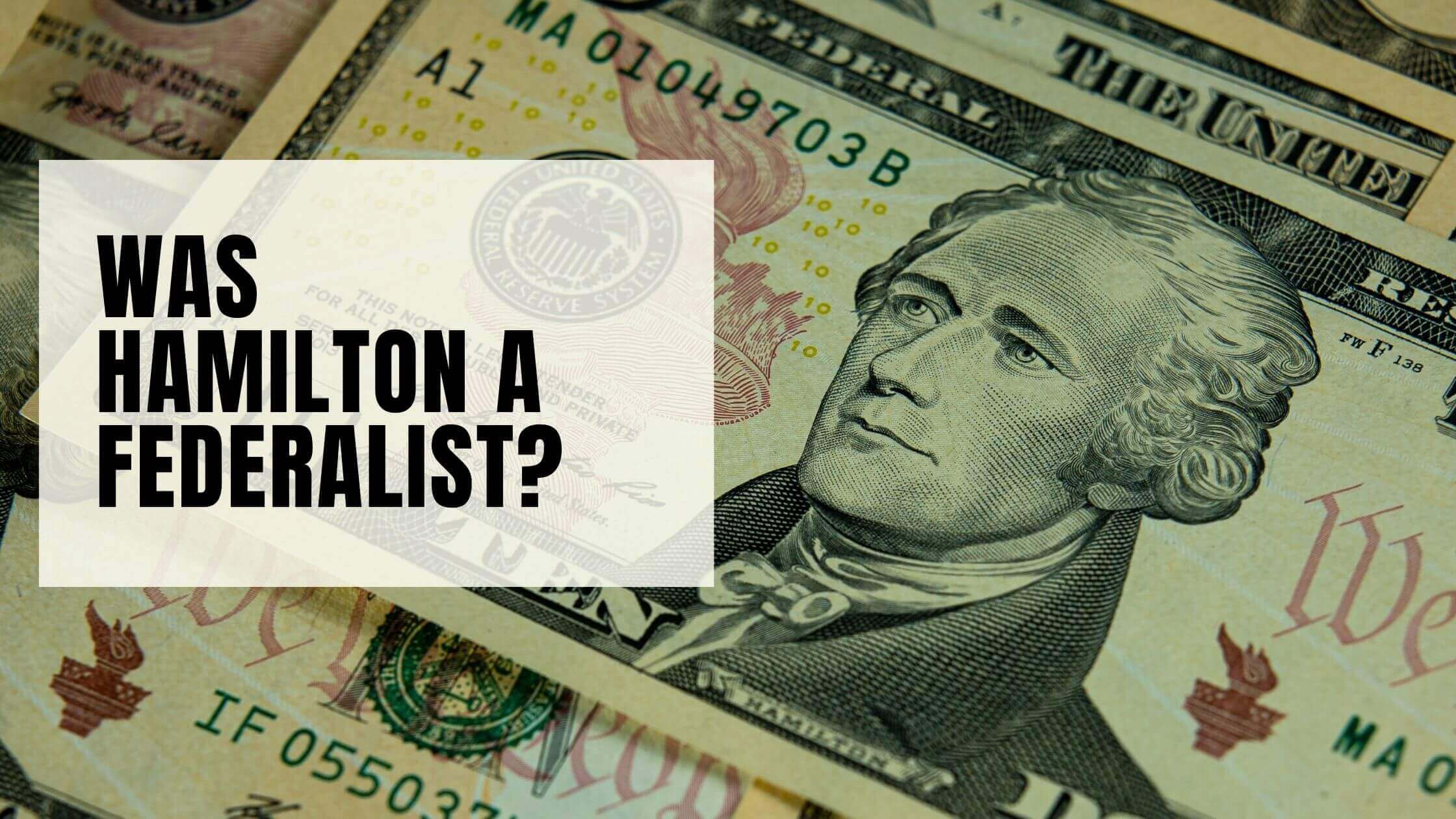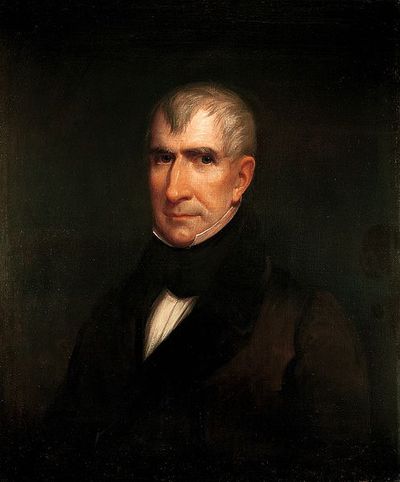Table of Contents
ToggleThere are several ways to contact the President of the United States:
Write a letter:
You can send a letter to President Trump at The White House, 1600 Pennsylvania Avenue NW, Washington, DC 20500. However, all mail is subject to security screening, and response times vary.
Email:
You can send a message to the White House by using the official contact form on the White House website, but there is no direct email address for the President.
Call:
You can call the White House switchboard at (202) 456-1414, but direct messages to the President are not accepted. Instead, staff members may take notes on public concerns.
Social media:
You can interact with official White House social media accounts on platforms like Twitter and Facebook, but direct messages to the President are not typically read or responded to.
It’s important to note that the President receives a large volume of correspondence, so it may take some time to receive a response, if at all. Additionally, it’s best to keep your message concise and respectful.
Clever Ways To Contact The US President
From writing letters to signing up for text alerts from the White House press office, it is possible to stay connected with POTUS without ever leaving your home or workplace. Whether you have a question about policy or just want to let him know what’s on your mind, these methods of communication will help keep you informed and provide you with an opportunity to express yourself directly to the president.
Overview Of Presidential Communication
The White House has established various channels through which citizens can get in touch with their commander-in-chief and make their voices heard. But how exactly do these methods work?
Who Can Communicate With The US President?
Members of the public have several options for contacting the US President. Though direct communication is limited to a select few, there are other ways that citizens can get their message across.
The most common way people reach out to the leader of the free world is through letter writing or emailing. The White House website provides guidance on how to contact the president via mail, fax, phone, or online form submission. It also offers advice on composing letters and emails that will be read by staff members who review all incoming correspondence.
Social media has also become another avenue for engaging with the commander-in-chief. Through Twitter, Instagram, Facebook, and other popular platforms, users can post comments directly to his accounts or participate in conversations about current issues. Several organizations also use social media as an effective way to communicate with the president’s office.
Limitations On Correspondence
- All letters should include a return address and have postage affixed if not sent electronically.
- Written communications should contain no hazardous materials such as glitter or confetti.
- Letters and packages may be subject to security screening before being delivered to their intended recipient.
- Photos or other artwork will not be accepted by the White House mailroom for delivery to the President without prior approval from the Office of Presidential Correspondence or Special Assistant for Presidential Messages.
Writing A Letter To The President
Writing a letter to President Trump is one of the cleverest ways to contact him. It allows you to share your thoughts and ideas directly with the leader of the free world. To write an effective letter, it should include several key elements: a clear introduction, concise body paragraphs, and a respectful conclusion.
When crafting your opening statement, be sure to introduce yourself in the first paragraph and state why you are writing in the second. Be as specific as possible about what point or opinion you would like to communicate.
In subsequent paragraphs, provide supporting evidence for whatever argument or viewpoint you have expressed in your introduction. This could take the form of facts, statistics or personal anecdotes that give insight into how this issue affects individuals on a daily basis.

Get Smarter on US News, History, and the Constitution
Join the thousands of fellow patriots who rely on our 5-minute newsletter to stay informed on the key events and trends that shaped our nation's past and continue to shape its present.
Finally, express appreciation for their time and consideration by thanking them at the end of your letter before signing off. With these steps taken care of, all that’s left is sending off your letter – either via mail or email – and waiting for a response!
Making A Phone Call To The White House
Making a phone call to the White House is an intimidating prospect for many. After all, this is the home of the leader of the United States and one wrong number could lead to disaster! However, there are ways to contact the President that don’t involve dialing a random number.
The most direct way to get in touch with the Commander-in-Chief is by calling The White House Comment Line on 202-456-1414. This toll free line operates 24 hours a day and allows citizens to voice their opinions on issues facing America today. Messages can be left regarding any issue related to US policies or initiatives.
Social Media Platforms
Another great method for contacting POTUS is through social media platforms like Twitter or Facebook which have become some of the most powerful tools available for reaching out to public officials.
Through these outlets, individuals can comment on various topics and even tag the President himself if they so choose – though he may not always reply!
Submitting An Online Message
The White House offers an online portal for citizens to submit messages to the President. This is a convenient way for people to make their voices heard and express themselves directly to the executive branch of government.
The website provides detailed instructions on how to complete this process correctly, as well as helpful advice about creating effective messages.
When submitting a message online, it’s important to remember that all communications are considered public records and may be released at some point in the future. In addition, one should avoid using crude language or making personal attacks against any individuals associated with the White House or other federal departments.
Lastly, it’s important that all messages follow standard protocol by including your name, address, and contact information so that you can be contacted if necessary. With these guidelines in mind, submitting an online message remains a great resource for contacting the president effectively and efficiently.
Attending Public Events
Another way to contact the President is by attending public events. The White House occasionally hosts public events, but access to the President is highly restricted. Most official receptions and workshops are invitation-only and not open to the general public.[
It’s also possible to attend larger gatherings where the President speaks in person. However, these events often require tickets or reservations, so it’s important to plan ahead if you want to attend one.
When attending an event with the President, be respectful and mindful of protocol. Make sure you’re dressed appropriately and that you’ve brought any documents or items required for entry into the gathering.
Be aware of any security measures in place at the venue and follow all instructions given by authorities.
Participating In An Online Forum
While online forums allow public discussion about the President’s policies, they are not an official channel for contacting the President.
That said, there are certain guidelines that need to be followed if you’re going to use an online forum as a platform for reaching out to the leader of the free world. For starters, avoid taking on any inflammatory language or rhetoric – these tend to have a polarizing effect which can cause more harm than good.
Additionally, remember that anything posted will become public knowledge so think twice before hitting ‘submit.’ By adhering to such principles, you’ll find yourself well positioned to engage in meaningful dialogue without coming off as overly confrontational.
Social Media Outreach
The White House maintains its own official accounts across various social networks where news releases, announcements and special messages from the President are frequently shared. This gives followers an up-to-date look at what’s going on in Washington D.C., as well as provides them with an opportunity for engagement through comments or reactions.
Furthermore, these connections give people access to events like town halls or online meetings that could not be physically attended due to distance or scheduling conflicts.
The use of social media is revolutionizing how citizens interact with their leaders by providing open channels of dialogue between individuals and those who represent them in government.
Hiring A Lobbyist Or Political Consultant
Hiring a lobbyist or political consultant can help advocate for specific policies, but it does not guarantee direct access to the President. Lobbyists and consultants are typically well connected in Washington D.C., giving them an advantage when it comes to reaching out to high-level government officials like the president.
They will also have a better understanding of how policy works within the federal government, making their strategies more effective than those used by private citizens. However, hiring these professionals can be expensive, so it’s important to do your research before committing to any contract.
Sending Gifts And Donations
With the right effort and creativity, there are unique ways to get your message across to the President of the United States.
You can make a statement by sending gifts or donations, but the White House does not accept them for security reasons. Officials strictly screen any items mailed to the President, and they discard most unsolicited gifts.
In 2010, a non-profit organization called “Operation Gratitude” presented former President Barack Obama with an American flag. The group aims to thank America’s armed forces for their service and remind them they are appreciated.
In addition, donating money can have just as big of an impact. In 2013, Microsoft co-founder Paul Allen gave $250 million dollars towards cancer research at Seattle’s Fred Hutchinson Cancer Research Center-one of the largest donations ever given in history.
Furthermore, political activists often donate large sums of money either directly to candidates or PACs (Political Action Committees) associated with causes they believe in. Although these contributions may not always get you face-to-face with POTUS, donors should recognize their potential influence on policy decisions being made within Washington D.C., even if indirectly through other entities like lobbyists or consultants previously discussed.
Meeting The President In Person
Meeting the President in person is a difficult task, but it’s possible. To get an audience with the Commander-in-Chief, one must first submit a formal letter of request to their local congressman or senator.
This letter should include details about why the individual wants to meet with the president and what topics they’d like to discuss if approved.
Official White House tours are also available for those who want to visit Washington D.C., however these spots fill up quickly and require extensive security checks before any meetings can be scheduled.
Special events such as state dinners offer another way for citizens to mingle with the President and other VIPs, though invitations are highly selective and typically go out only to prominent members of society or close friends of the First Family.
Requesting An Audience With The President
The most direct way of getting in touch with the President is by requesting an audience. Although making a case isn’t as easy as it sounds, you can use several strategies to strengthen your request. Here are three tips on how to successfully contact the President:
- Research and understand current political issues – Knowing what’s going on in government will help you better explain why you want an audience with the President.
- Develop a compelling narrative – Tell a story that explains your purpose, and demonstrate how important it is to have an open dialogue with the President about your idea or cause.
- Submit formal requests through appropriate channels – Follow all procedures outlined by The White House when submitting requests for meetings or audiences with the President; doing so increases your chances of gaining his attention and approval.
Organizing A Protest Or Rally
Organizing a protest or rally allows you to directly convey your message to the President of the United States. It’s important, however, that you understand the rules and regulations for holding such an event near White House grounds.
First and foremost, it must be peaceful and respectful at all times.
If you plan to hold a protest near the White House, you may need a permit from the National Park Service or other local authorities, depending on the size and location of the event. This includes providing information on what type of demonstration you plan on having, how long it will last, who else might attend, etc.
When organizing a demonstration outside the White House gates, groups can gather in certain areas without prior permission. They can use the Ellipse for rallies during daylight hours, but placards must have messages no longer than four words.
Lafayette Square offers more space and freedom when it comes to displaying signs but still needs to comply with safety guidelines set by federal authorities. Ultimately, proper planning is key when attempting to organize a demonstration in order to ensure its success while keeping everyone safe and secure.
Summary of how to contact the president:
- Writing a letter or emailing the White House
- Making a phone call to the White House Comment Line
- Engaging with the President on social media platforms
- Submitting an online message through the White House website
- Attending public events or gatherings where the President is speaking
- Participating in an online forum or town hall
- Hiring a lobbyist or political consultant
- Sending gifts or donations
- Requesting an audience or meeting with the President
- Organizing a peaceful protest or rally












13 Responses
Mr. President, Madame VP, DNC & DCCC:
The most philosophical & historical voices on politics have pointed out that the Democratic Party has lost its way. It is a shame that minorities are now voting Republican.
There needs to be a change in the Party. We need to send a different message to young folks, to struggling classes, new message to minorities.
No longer should we listen to the elite Democrats who have lost touch with the way the country is feeling in general. Sad that they rather follow a grifter who with a slogan of Make America Great Again, convinced the populace to vote for him, even when he never explained how he would do his vacuous rhetoric.
In spite of the democratic loss, we don’t really see the Party to gather consolidation, to expedite changes in a unified way. We do not see Democrats united and discussing how they are going to win again and convince Americans that this is the Party that reflects the democratic values of this country.
We need more Pete Buttigiegs to speak to Democrats to teach them what unites all Democrats. He may not run, but he is smart enough to see the new pathway Democrats must take to win again. I just hope the DNC & the DCCC wake up and realize the trouble the Party is in and that their loss this last time was profound.
Dear Mr. President,
Please, please, please pardon Leonard Peltier before you leave that office. History will remember you kindly. There is no downside.
Thank you for your consideration, and thank you for all your many years of service.
Sincerely,
Margaret Linde
1-Congratulation Unique and Great President Mr Donald Trump
You got the presidency again after hitting so many bumps.
2-Surely you will Make America Great Again
Elite will know the people of low-income pain.
3-you will gather people under your warm feathers
To show the World America not divided but together.
4-China is lagging behind and Russia is weakened
You will show the World America the beacon.
5-Hurricaines Floods Droughts Famine and Fires
And also wars bringing the consequences dire.
6-I can help you for everlasting peace through Middle east to the World
America will gain from the peace but not from the war absurd.
Mr. President, please have someone look into the Department of Social Services. I have found out that the workers there have to give illegal’s service even if they do not have paperwork social or anything. This is Ludacris. Please look into its sir. Enough is enough. The illegals come here and be treated better than us who were born here. This is and can never be the Great America that I once knew. Please help
Mr. President: I, along with millions of fellow citizens are appalled, at your rude and insulting words and attitude towards the leader of the Ukraine. The behavior of your vice president was equally insulting and unacceptable. Your behavior has made life for Americans and Europeans more complicated and uncertain.
I am strongly urging you to apologize to Mr. Zelensky and send him the weapons anad supplies he needs to protect his country.
Mr President, My son Robert P. Downey, Jr. was recently released from jail. He served over a year. He has been homeless for many years. He is staying with me temporarily. Robert is in need of medical attention. He has been sick over a month. He was seen at the NCH emergency in Bonita springs, FL. He was refered to Dr Land because he has a kidney stone that is too large to pass. He needs surgery. The Dr called and refused to care for Robert because he has no medical coverage. I have been trying to get him medicaid but they are refusing medical help. I am concerned about his health. Does not eat well, does not sleep well and cannot properly urinate. He is unable to work due to this problem. PLease, I need direction and help
Best regards
Kathleen Richichi. 239-248-8348
If this is true that France wants to take back the Statue of Liberty then President Trump should tell them that this person from the parliament that he should walk through Normandy Beach where over 9,000 bodies died.
Mr. President, tens of times I sent you messages and asked your help to investigate cases H20170279, H20182152, it was opened by USDOS in 2016-2018 against terrorists FBI and their criminal immigrants syndicate, but corrupted prostitutes in USDOJ, USDHS covers terrorism in the USA. Mr. Trump, if you are really President, please give the ORDER for quick investigate and give me an answer.
Thank you, thank you, thank you! I’ve been praying for the release of Edan Alexander. What a wonderful day. NOW, I believe there are 20 more hostages alive. Still work to do. DavidHelen
Whatever happened to drill baby drill and energy going down, I just purchased gasoline at Circle K in Spring Hill Fl. on Commercial Way, and it was $329.9 a gallon.
Admiral PResident Stop to want to go to the moon not by this way more you will atemp to go on that more you will hook it more the mmoon will fall on planet earth and more we will fall in the son so push the moon go by mars and that’s not won yet because we are prisonner of earth and i m mutan of the capitalistic system despite i did say coco communism at three
master sir vincent poulaert 13,05stars
Would just like to express my appreciation for the great job. I think the president is doing God bless him and his family.
I pray for his health and cognition
Hottest first lady we’ve ever had
With all the negative comments made to President Trump, I am compelled to send a positive note of gratitude to the best President I have had in my lifetime.
Mr. President, I want to take this moment to thank you for all you and your administration does to keep this country safe and to make America Great again. You don’t get the right credit from all Americans and no matter what you do, it seems to be criticized by most democrats. I simply cannot understand why but I wanted you to know you are strongly supported by myself an my family. So thank you Mr. President! Your devotion and patriotism is completely apparent and I, and many other Americans are proud and thankful that you are our President. Hope this brightens your day a bit.